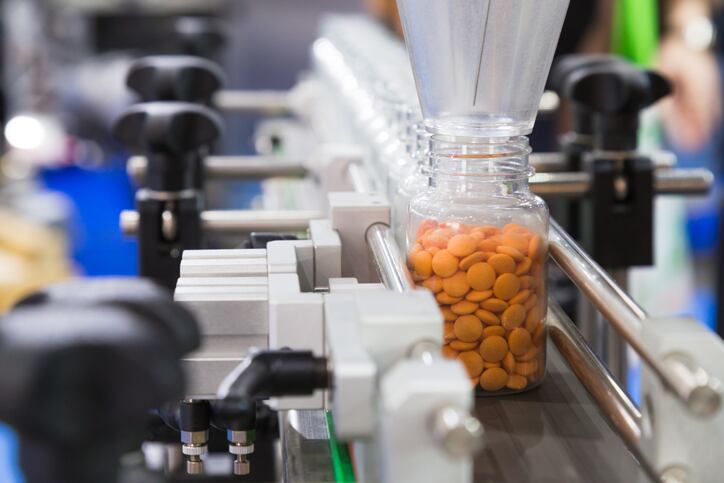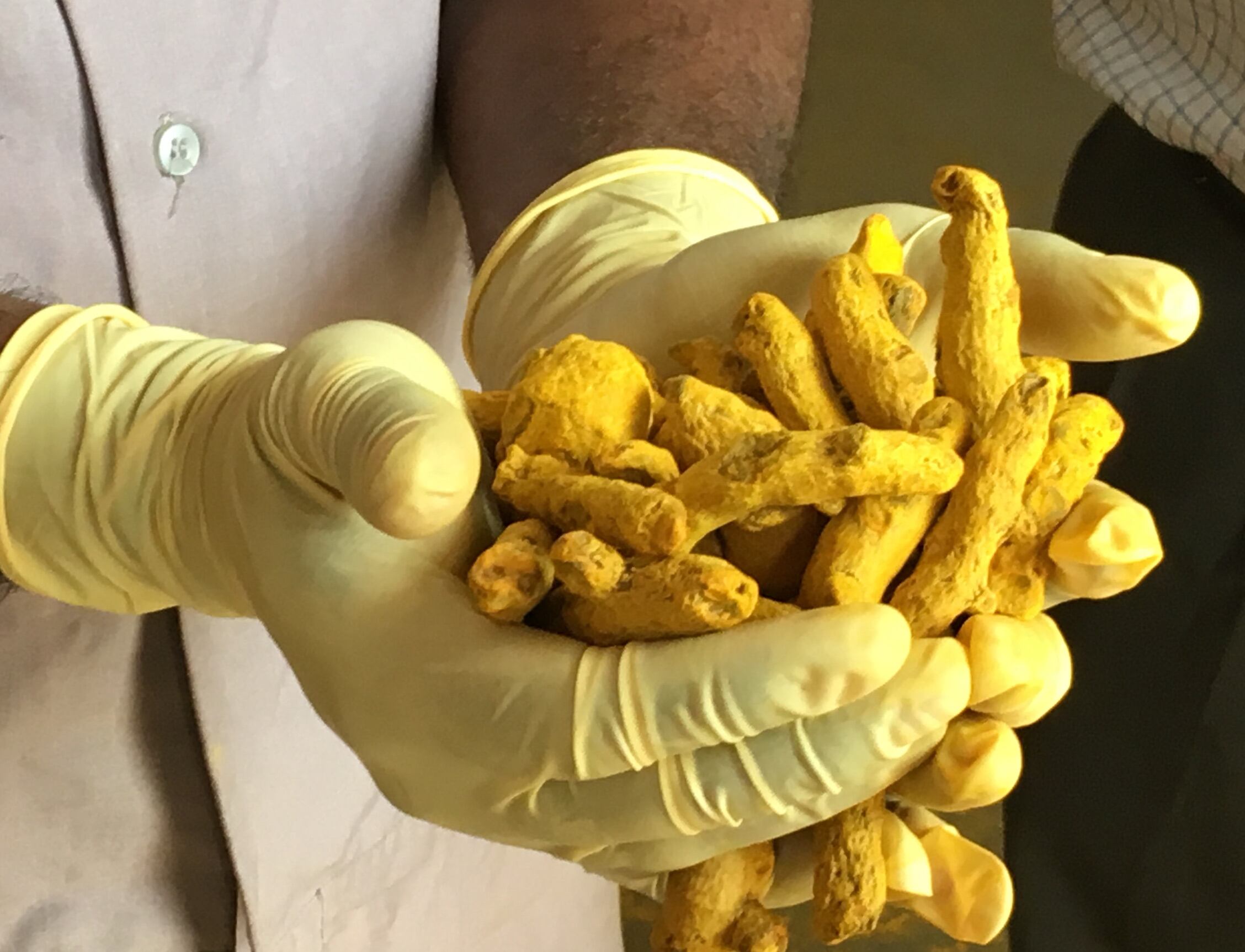Forests are budding and understory plants are pushing up through the leaf detritus. Another crop of wildcrafted American ginseng will be ready for harvest in a few months. Another crop of cultivated medicinal herbs will shortly be sown. As poet Robert Frost said, the most important thing he learned about life is that it goes on.
One of my pleasures in this industry is to page through my monthly edition of HerbalGram, the well done publication of the American Botanical Council. As a former print journalist and frequent visitor to printing plants, I appreciate a well printed color publication. HerbalGram’s generally excellent color photographs and high quality reproduction are guaranteed to lift to the sprit.
Important work goes on even during crisis
The most recent edition includes an article on sustainability work being done in the Peruvian Amazon to secure future supplies of the Dragon’s Blood Tree (Croton lechleri), a fast-growing understory species that exudes a clear red sap when the bark is scored. (There is a different plant with red sap also known as the Dragon’s Blood Tree that grows on the Indian Ocean island of Socotra).
The sap is used for a variety of purposes by traditional herbal medicine healers, including diarrhea, wound healing and respiratory conditions. A number of commercial products have been developed based on the crude sap.
Experience has shown that the best way to extract the sap is felling the trees. Tapping the trees in similar fashion to how maple trees are used in North America has been done, but the yield is low and it is difficult to do without ultimately damaging the tree.
So as the ingredient gains in popularity, work is being done to create a sustainable situation in which new seedlings are distributed to indigenous harvesters and planted to replace trees that have been cut. Even as the coronavirus crises dominates the news cycles and reshapes industrialized economies, this work goes on.
And even with the market distortions caused by the run on immune support ingredients and the supply bottlenecks that are sure to come in the wake of the disease crisis, the underlying demand for these products remains strong. Botanical dietary supplements have been part of the human story almost from the beginning, it would seem, and will remain part of our culture into the future.
Underlying demand remains strong
ABC’s 2018 Herb Market Report showed a 9.4% increase in the sales of herbal supplements in the US. The 2019 report, which under normal circumstances would be issued in late summer, will likely show a similar increase. This year will obviously be different, with some categories falling off with the effects of the gathering recession while others, like the aforementioned immune health products, go through the roof. The impact on the overall market is difficult to forecast.
But the underlying message here is that there is nothing fundamentally wrong with the business. I don’t mean to make light of the challenges many companies will face in the coming months. The market disruptions are going to cause some real financial hardship, and some firms may not survive. But demand for dietary supplements will endure through this disease crisis and will likely emerge stronger than ever.
To sum up, below is a more complete version of Frost’s quote, uttered to a journalist on his 80th birthday in 1954, an era when nuclear war between the United States and the Soviet Union seemed like a real possibility. It was an existential threat the daily menace of which is no longer remembered by anyone much younger than me.
“In all the confusions of today, with all our troubles . . . with politicians and people slinging the word fear around, all of us become discouraged . . . tempted to say this is the end, the finish. But life — it goes on.”




